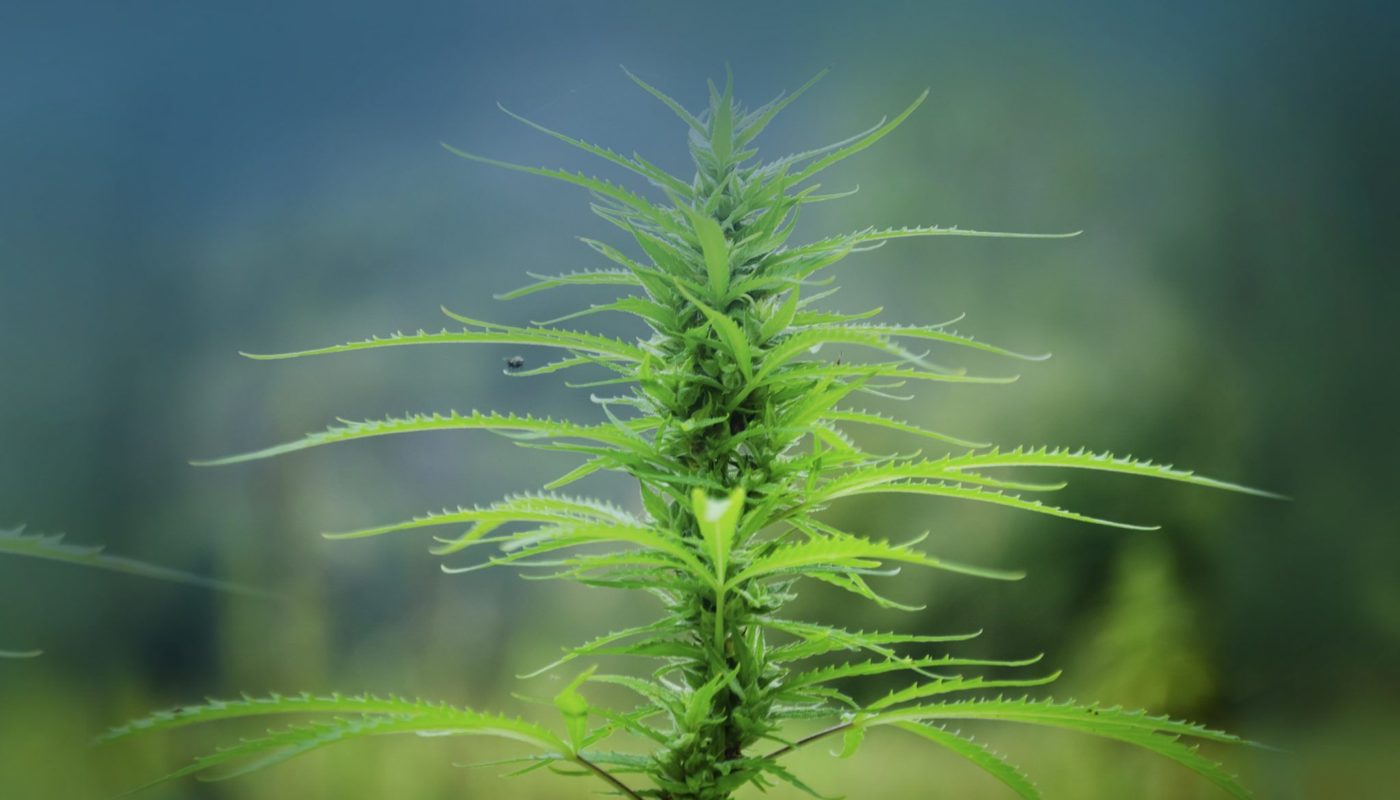
More than one-third of American adults and more than one-sixth of American children are now obese, and those numbers are growing daily. Linked to dozens of chronic diseases, including cancer and type 2 diabetes, obesity is measured via the body mass index (BMI) scale. An individual with a BMI of 30 or higher is considered obese and at risk for premature death.
One of the primary contributors to the climbing obesity epidemic is the consumption of excess calories. Cannabis is known for stimulating appetite, so it seems counterintuitive that the plant could have the power to fight obesity. But some recent studies have uncovered surprising possibilities about cannabis and obesity.
Current Research
Scientists are in the early stages of investigating the effect of cannabis on obese individuals, and there have been several studies indicating that the plant could play a positive role in battling this preventable condition.
The Studies
In 2012, the British newspaper The Daily Telegraph published an article titled, “Cannabis Could Be Used to Treat Obesity-Related Diseases.” Science correspondent Richard Gray wrote about a revealing study conducted by GW Pharmaceuticals: “When the scientists examined two compounds, called THCV and cannabidiol, they were found to have an appetite-suppressing effect.”
A 2012 study found THCV and CBD have appetite-suppressing properties. (Travis Yewell/Unsplash)
While Gray went on to note that the appetite suppressing effect was temporary, the key finding was that there are two distinct compounds found in cannabis, THCV and CBD, which may work in tandem and individually to fight hunger pangs. THCV, in particular, could be groundbreaking in treating obesity, according to GW Pharmaceuticals researchers.
Dr. Stephen Wright, research and development director for GW Pharmaceuticals, said: “The pre-clinical evidence for THCV is compelling as a potential treatment for obesity and related metabolic disorders, and we are excited to be advancing this product into clinical trials.”
Also optimistic was a 2014 report, published in Innovations in Clinical Neuroscience, which began by referencing cannabis’s association with snacking behavior before presenting the possibility that the plant could have an opposite effect on obese individuals. Researchers found that there was an inverse relationship between cannabis use and BMI in the general population, with marijuana use linked to lower body weight.
Researchers found marijuana use is linked to lower body weight. (Shutterstock)
“This observation may be partially explained by differences in short-term versus long-term use, comorbid polydrug use, and/or the intriguing theory that food and drugs may compete for the same reward sites in the brain,” the authors of the study, Drs. Randy A. and Lori A. Sansone, wrote regarding the possible reasons for the inverse relationship observed. “Alternatively, marijuana may genuinely be a regulatory compound, increasing weight in those with low weight, but not in those who are normal or overweight. Only additional research will unravel the answer to the seemingly multi-faceted weight effects of marijuana.”
Additional research has indeed been conducted since these 2014 findings, such as a 2015 study published in the journal Obesity. Researchers analyzed prior data on 786 Inuit adults, finding that cannabis use was not only associated with a lower BMI but also with lower fasting insulin rates, though they surmised that the latter finding was due to the lower BMI figures rather than a direct link to using cannabis.
Further, a 2016 study published in the Journal of Mental Health Policy and Economics revealed similar results. Researchers found that men and women who use cannabis on a daily basis had lower BMIs than non-users — 2.7 percent and 3.1 percent lower, respectively.
Added to the research studies are firsthand accounts from formerly obese individuals who claim that using cannabis led to significant weight loss.
Patient Perspectives
In a 2018 op-ed published by MSN, Jessica Gerlock shared her story of losing more than 100 pounds while using cannabis daily. Gerlock wrote, “I ended up eating less than I was before and I became more active. When I smoked marijuana before a workout, it actually added more focus and increased my productivity. Depending on the type of strain you are consuming, it can actually assist with weight loss.”
Numerous anecdotal reports exist of cannabis being used as a weight loss aid. (Bruno Nasciemento/Unsplash)
Gerlock’s increased activity level may have contributed to a weight loss of such a magnitude, which should be completed under a doctor’s supervision. At more than 100 pounds overweight, Gerlock would have been classified as morbidly obese, a status that requires medical attention when dieting.
Another woman, Ayan Ikra of Toronto, told the Daily Mail that she credits cannabis with her own 100-pound plus weight loss. Ikra said, “It gave me a clear head and allowed me to envision what I wanted. So instead of just smoking socially, I decided to incorporate it into my diet regimen.”
It is not clear if other factors may have been involved with Gerlock’s or Ikra’s weight loss. It is also uncertain what specific element of cannabis may have been beneficial to their weight loss, but one theory is that modest amounts of the plant decrease levels of cortisol, a hormone which triggers stress and can be a factor for obesity.
Expert Perspectives
Dr. Bruce Y. Lee, associate professor of international health at the Johns Hopkins Bloomberg School of Public Health in Baltimore and executive director of the Global Obesity Prevention Center, has expressed mixed reviews regarding cannabis and obesity.
In a 2016 article he contributed Forbes, Lee wrote, “These studies may not have controlled for many other factors that may have been different between the users and non-users and be leading to the findings. Maybe there are other qualities that pot users have that make them less likely to be overweight or obese.”
Dr. Bruce Y. Lee points out that the research surrounding cannabis and obesity may not be taking into account other habits cannabis users may share that lead to weight loss. (Peter Wendt/Unsplash)
“For example, do pot users live in neighborhoods that have better access to healthier foods? Do they have more available money to purchase healthier foods or participate in physical activity? Could pot be replacing higher-calorie food or beverage items such as alcohol? Could they be getting more physical activity than non-users?”
The questions Lee poses demonstrate a need for larger, more complex studies with diverse samples. While Lee does not dismiss the possibility that cannabis could aid obese individuals, he also does not assert that science has all the answers on this subject.
There are contradictory appetite stimulating and suppressing effects of the compounds in cannabis. Click To Tweet
Dr. Jeff Chen, director of the Cannabis Research Initiative at the University of California, Los Angeles (UCLA) Semel Institute for Neuroscience and Human Behavior, has expressed similar viewpoints. In an interview with Men’s Journal, Chen said: “While these studies are certainly interesting, I would not recommend it for that purpose — after all, there are contradictory appetite stimulating and suppressing effects of the compounds in cannabis.”
The Bottom Line
Some studies have been encouraging, but it is too early to definitively say whether cannabis can help combat obesity, and more focused research is key.















